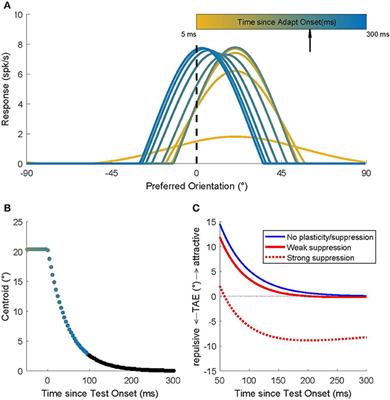EDITORIAL
Published on 08 Dec 2021
Editorial: Sensory Adaptation
doi 10.3389/fnsys.2021.809000
- 8,631 views
- 8 citations
12k
Total downloads
104k
Total views and downloads
EDITORIAL
Published on 08 Dec 2021
REVIEW
Published on 29 Oct 2021

ORIGINAL RESEARCH
Published on 29 Oct 2021
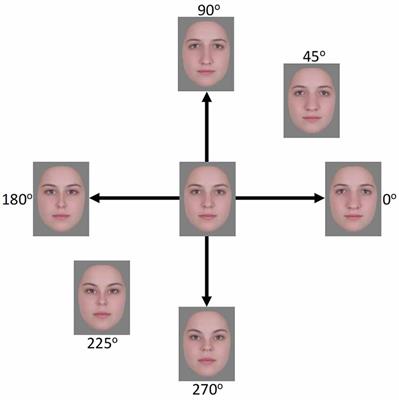
ORIGINAL RESEARCH
Published on 31 Aug 2021

ORIGINAL RESEARCH
Published on 28 Apr 2021
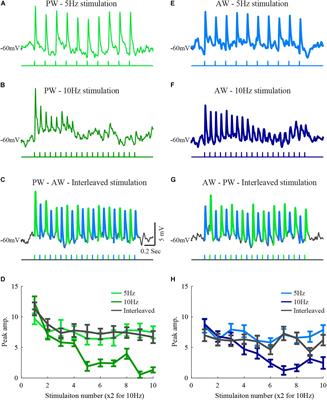
ORIGINAL RESEARCH
Published on 09 Sep 2020
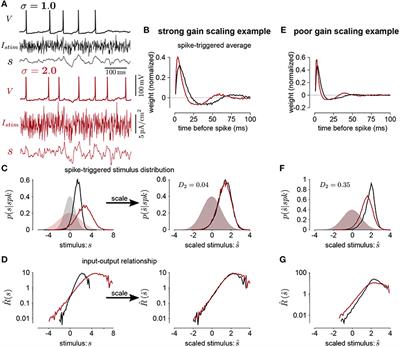
ORIGINAL RESEARCH
Published on 03 Aug 2020
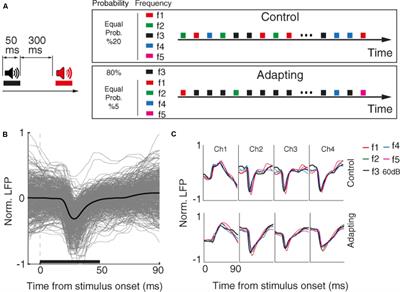
ORIGINAL RESEARCH
Published on 03 Jun 2020

REVIEW
Published on 31 Mar 2020
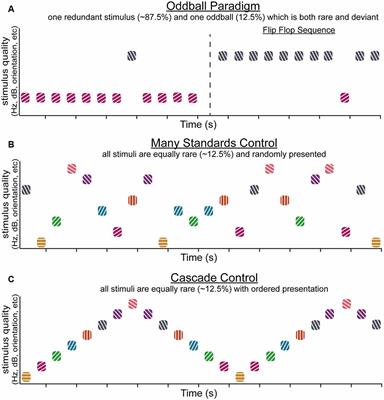
REVIEW
Published on 07 Feb 2020
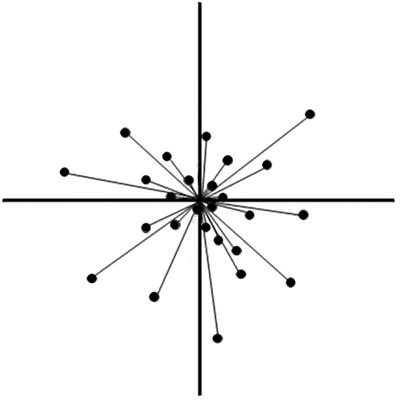
ORIGINAL RESEARCH
Published on 20 Dec 2019

ORIGINAL RESEARCH
Published on 08 Nov 2019
